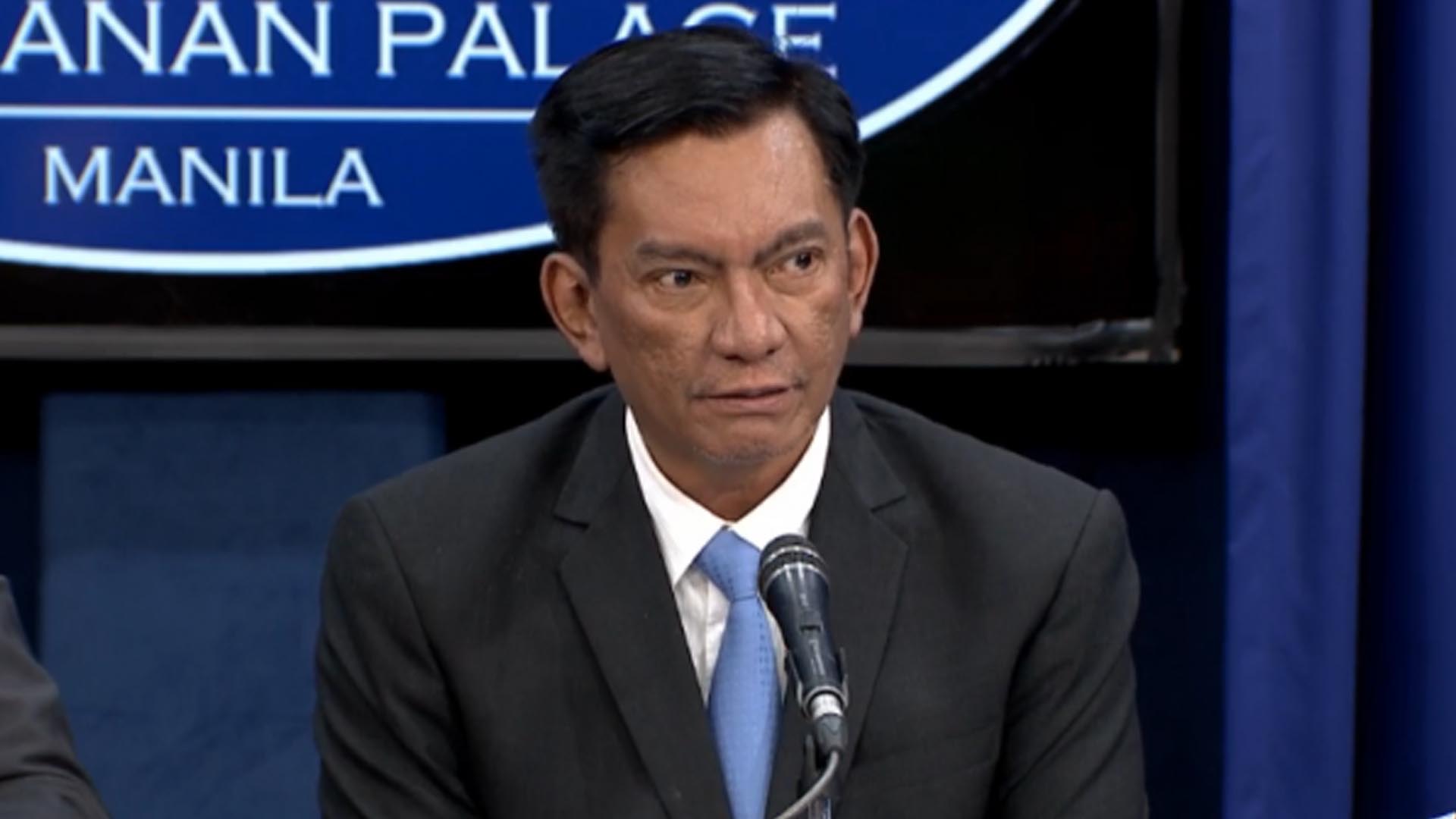The House of Representatives on Wednesday overwhelmingly approved on final reading a measure mandating the construction of Quezon-Bicol Expressway (QUBEX) as an “integrated transport and economic development strategy” for the Bicol Region.
With 238 affirmative votes, the chamber passed on third reading House Bill 9988, which mandates the construction of the expressway that will have an indicative length of approximately 220 kilometers and will be an alternative option of travel between Quezon and the Bicol provinces.
The project will start at Pagbilao, Quezon, and will end at existing Maharlika Highway in San Fernando, Camarines Sur.
Albay Rep. Joey Salceda, one of the authors of the bill, said the “lack of backbone transport infrastructure has its impacts on the lives of our people especially during this pandemic”, noting that Bicol has suffered some of the highest inflation levels in the country during the current coronavirus crisis.
Salceda said the inflation rate for Bicol was 6.5 percent, 2.5 percent higher than the July national average this year.
“Transportation is one of the key drivers [of inflation]. Our region saw transport inflation reach an eye-popping 13 percent in July. Food also continues to be expensive and is higher than the regional inflation at 6.6 percent. This is a direct result of the fact that it is expensive to transport to the Bicol Region, the expense coming mostly from travel time,” he said.
Salceda said currently, overland travel to Bicol could take as much as 13 hours, with an almost certain need for stopovers that make land transport expensive.
“With QUBEX, we expect to reduce travel time to just five hours, which would make Bicol around as close to Manila as Baguio or Ilocos are,” he said. “The subsequent saving in time and fuel would help lower food, transport, and logistics costs in Bicol, and would make us competitive for business.”
Salceda said QUBEX can be an integrated transport and economic development strategy for the region, highlighting that it is a transshipment point for the southeastern portion of the country from Region 8 (Eastern Visayas) down to Eastern Mindanao.
“So, we need a comprehensive transport strategy for Bicol. If you can bisect Bicol with an expressway, restore and improve the train lines, begin operating the international airport in Daraga, and also connect both the Pacific and the country’s inland ports in Bicol, you create plenty of opportunities to save on transport costs,” Salceda said.
He said QUBEX will be an essential part of the interspatial transport backbone, considering that Bicol is a leading tourist destination
“QUBEX will be as important as Bicol Express was in the past. We need it.” Salceda said, referring to the train lines that connected Legazpi City with Manila. (PNA)




















